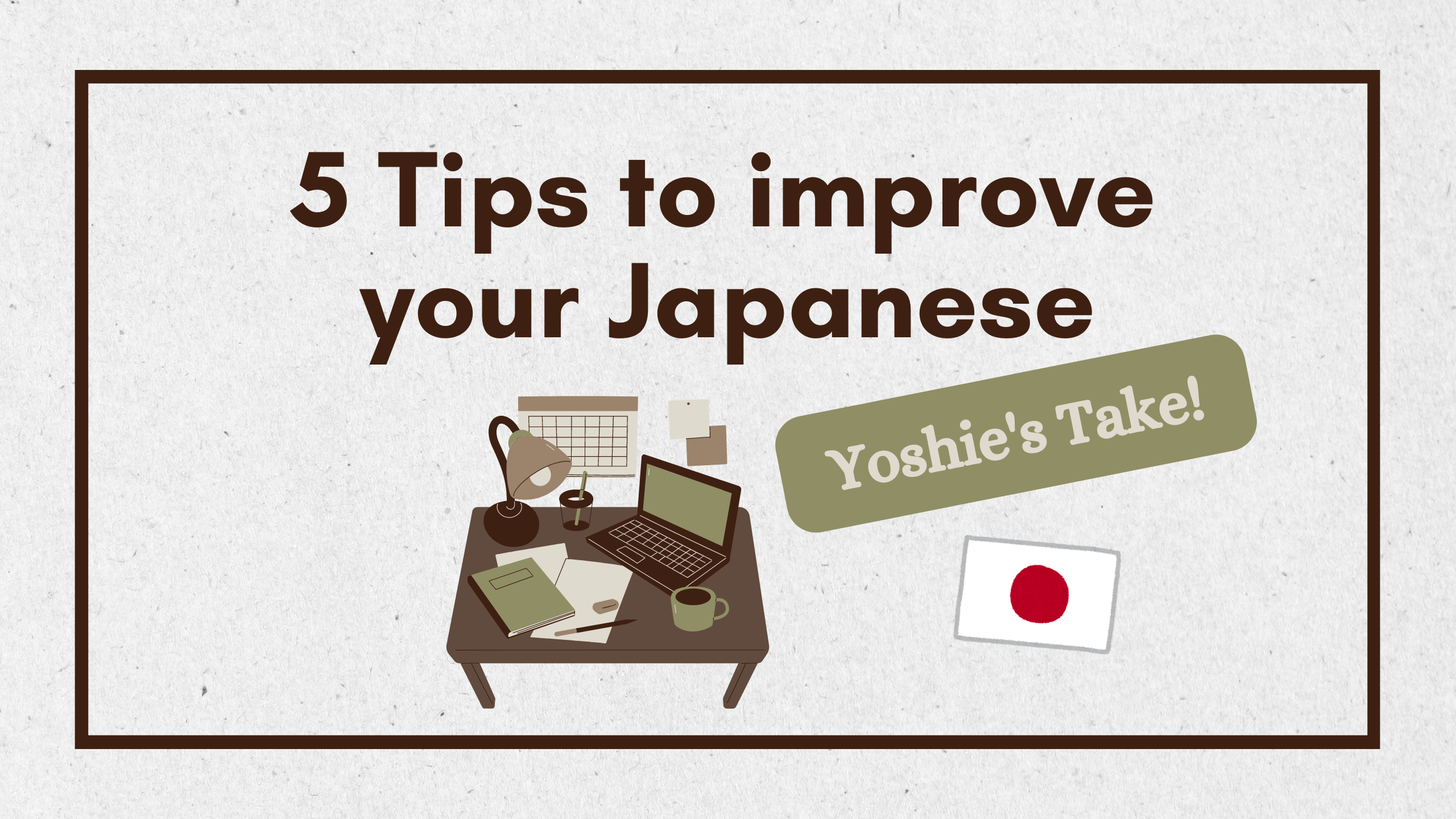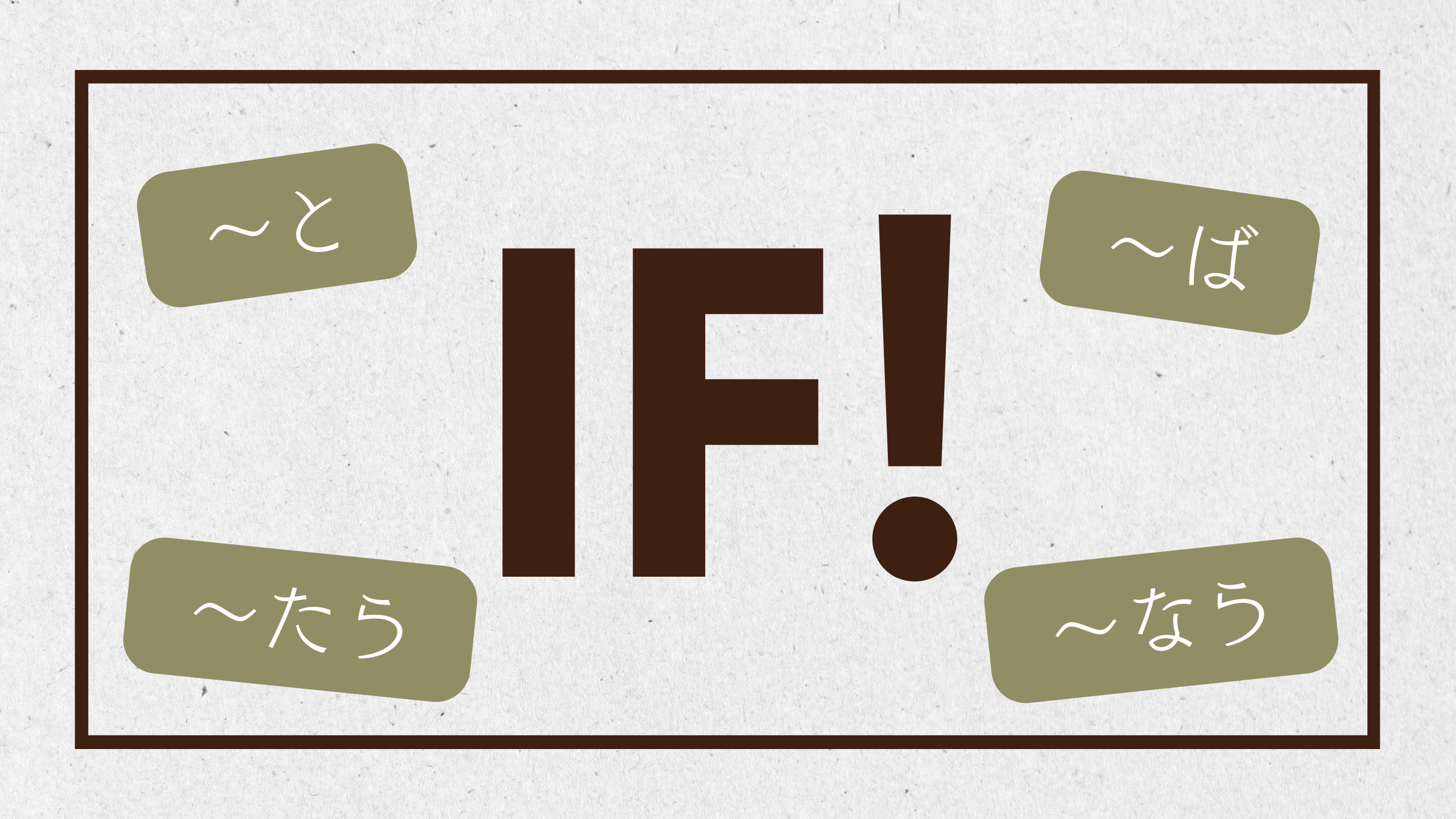Happy New Year, everyone! I hope you are doing well. How is your study going?
Last year, I posted on my Instagram about tips to improve your Japanese skills. I explained in the comment section as much as I could, but the space was limited so I wanted to add a little more information including my own experience of learning a second language!
1. Practice Shadowing
Shadowing is a language learning technique in which you listen to a recording of a target language, and simultaneously repeat what you hear. Imagine you follow a shadow of a person walking right in front of you. As you focus on the sound of your target language, you develop pronunciation that mimics a native speaker.
You can pick a video or audio of a native speaker who you would like to practice with. Listen to it carefully and repeat what you hear. Don’t worry if you can’t pronounce every single word, practice multiple times and check with the script or subtitles if you need. Please also pay attention to the inflection of each word including particles, this is key to sounding more native-like!
As a language learner myself, shadowing has helped me a lot with fluency and pronunciation in English. I find the interview videos of native English speakers that I would like to copy, listen to them, and try to shadow them as much as I can. This way, I can also learn idioms and expressions that the natives use in real life. The best part is that it simply feels great to watch and shadow someone you adore! I can say my speaking skills and pronunciation improved since I started to practice shadowing. I highly recommend you do the same!
2. Memorise Vocabulary In Context
Just like other languages, there are many synonyms in Japanese so it is important to understand in which situation and context you would use certain words – either in a formal or informal situation or used in written or spoken Japanese. Mixing formal and informal words when you talk or write causes unnatural tones so try to avoid that as much as possible!
3. Learn More About Japanese Society And History
Not just food, movies, anime, or manga, I encourage you to be more curious and learn about the cultural background of Japanese customs and habits that are highly related to the language. Japanese is considered one of the most high-context languages in the world, meaning, people share common concepts and communicate based on inherent understanding. In such a culture, you have to be much more aware of the facial expressions, feelings, nuance, and subtlety of a speaker. To have smoother communication with the native Japanese, I believe that understanding this point helps a lot. This may sound a little challenging at first, but you can find cultural references in Japanese movies, series, documentaries, and reality shows so pay attention to how people talk, their body language, and word choices when you watch them. Try to immerse yourself in the language and the culture whenever possible!
4. Understand The Differences Between Written And Spoken Japanese
You may have noticed that what you hear from native speakers doesn’t sound the same way as what you learnt from textbooks. This is because there are distinctive differences between the written and spoken styles of Japanese. The characteristics of spoken Japanese for example, often appear at the end of a sentence. The sentence-ending particles play a big role in describing different nuances. To avoid sounding like a textbook robot, listen to more spoken Japanese such as interviews or podcast series. This tip relates to point No. 1!
5. Practice Your Japanese With Native Or Fluent Speakers
This may sound obvious, but I cannot emphasise it enough! Practice makes perfect 🙂 Once you study new grammar points or vocabulary words, try to use them in real-life conversations. You will gain confidence if a native person understands you and when you have a good flow in conversations. Do not worry if you feel stuck or cannot talk the way you want to just yet. That experience should be a motivation for you to study more and you can only improve from then on!
If you are interested in practicing with me, please check out my lesson page!
That’s all for today. I hope these tips are helpful to you. Whatever the proficiency level you are at right now, I wish you the best of luck, and enjoy learning Japanese!




Comments